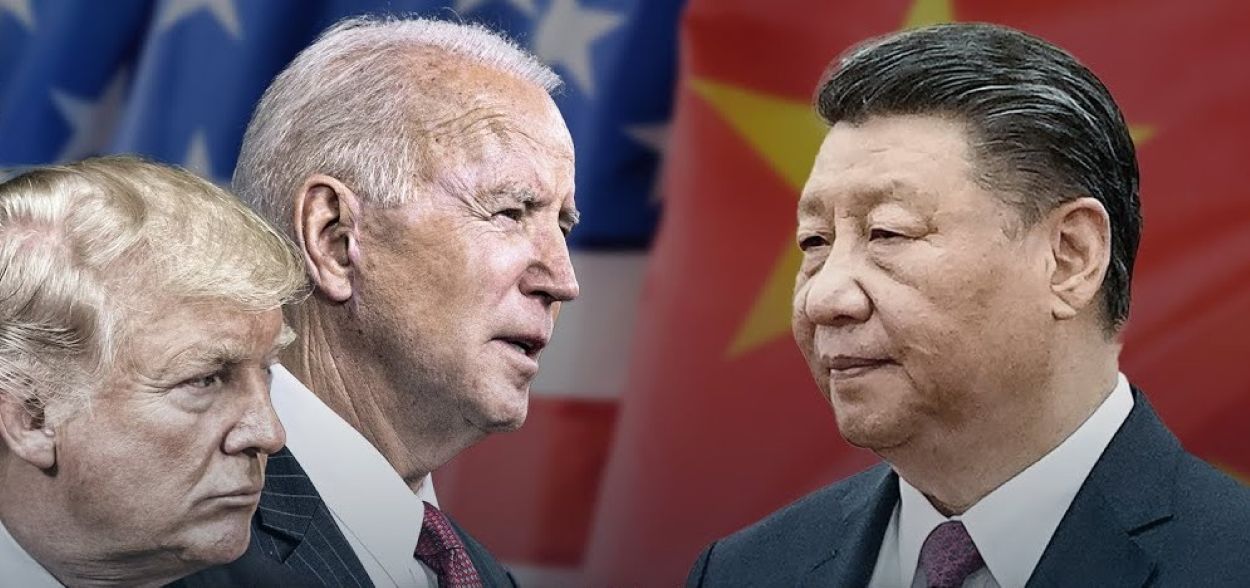The US has introduced new export restrictions to limit China’s capacity to produce advanced semiconductors, escalating tensions between the world’s two largest economies.
Announced on Monday, these measures significantly increase US efforts to control the export of cutting-edge chips to China, particularly those applicable in sophisticated weaponry and artificial intelligence.
This development comes just weeks before Donald Trump resumes the presidency, likely intensifying the US’s stringent stance towards China. National Security Advisor Jake Sullivan stated, “The United States has taken significant steps to protect our technology from use by our adversaries in ways that threaten our national security.” He emphasized the ongoing collaboration with allies to safeguard US technological leadership and prevent endangerment to national security.
In response, Beijing has vowed to protect its interests. A spokesperson from the Chinese Commerce Ministry criticized the US for “abusing export control measures” and hindering normal economic and trade activities.
US hits China’s chip industry with new export controls https://t.co/bb8QUpYuHY
— FT Economics (@fteconomics) December 2, 2024The US has recently implemented regulations restricting exports to 140 companies, including Chinese chip firms Piotech and SiCarrier Technology, as well as entities in Japan, South Korea, and Singapore. These firms now appear on the “entity list,” requiring US suppliers to secure additional authorization before exporting to them.
Additionally, the regulations impose controls on 24 types of chipmaking equipment and three varieties of software tools crucial for semiconductor development or production. Under Secretary of Commerce for Industry and Security, Alan Estevez, noted, “We are constantly talking to our allies and reassessing and updating our controls.”
U.S. extends controls on China chip industry, adds 140 firms to entity list https://t.co/M0BvFNRbdV
— Nikkei Asia (@NikkeiAsia) December 2, 2024Commerce Secretary Gina Raimondo pointed out that these measures are integral to a broader strategy to curtail China’s military advancements through stringent export controls. The equipment controlled under these rules is essential for producing advanced-node integrated circuits, which is vital for sophisticated military applications and AI.
The Commerce Department claims these actions aim to slow China’s advancement in developing cutting-edge AI technologies that could change the dynamics of future warfare and its semiconductor industry. However, it also acknowledges that these measures adhere to Washington’s “small yard, high fence” strategy, which Chinese President Xi Jinping recently urged the US to reconsider.
These developments highlight the critical need to secure the semiconductor supply chain, which has become more urgent with the global recognition of AI’s capabilities, as demonstrated by innovations like ChatGPT.






